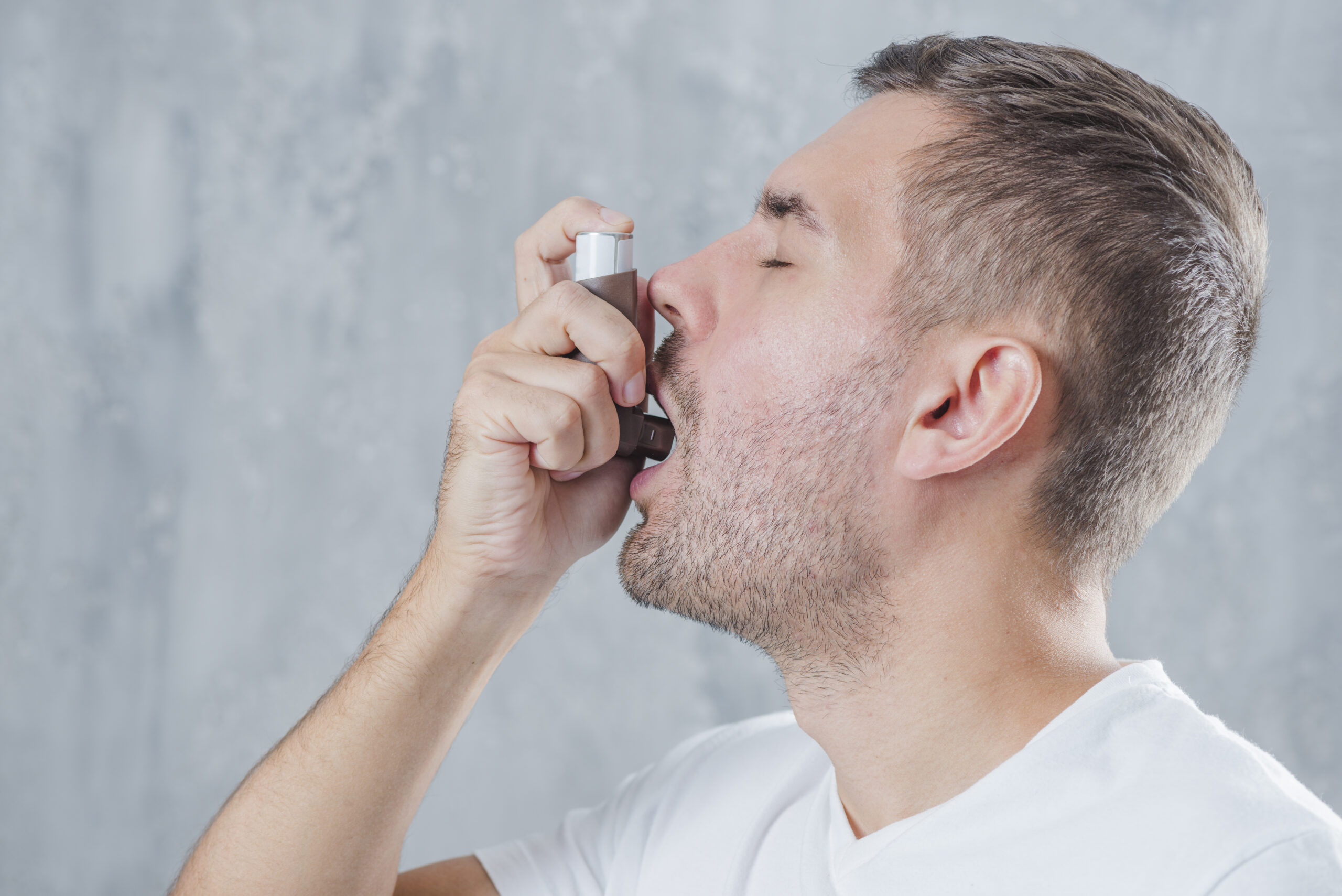Breathing Easy: Ayurvedic Approaches to Asthma Treatment with Indian Herbs
Introduction:
Asthma is a chronic respiratory condition characterized by inflammation and narrowing of the airways, leading to symptoms such as wheezing, shortness of breath, chest tightness, and coughing. While conventional treatments such as inhalers and medications can help manage asthma symptoms, many individuals are turning to Ayurvedic remedies and Indian herbs for natural relief and long-term management. In this blog post, we’ll explore the ancient wisdom of Ayurveda and the therapeutic potential of Indian herbs in treating asthma, providing insights into holistic approaches that promote respiratory health and well-being.
DISCLAIMER: The information provided in this blog is for educational and informational purposes only and is not intended as medical advice. The content is not intended to diagnose, treat, cure, or prevent any disease. Readers are advised to consult with a qualified healthcare professional regarding their specific health concerns and before starting any herbal remedies or health regimen.While every effort has been made to ensure the accuracy and completeness of the information presented, the author and publisher assume no responsibility for any errors or omissions. The use of herbal remedies and traditional medicine should be undertaken with caution and under the guidance of a qualified healthcare practitioner, especially for individuals with pre-existing medical conditions or those taking medications.The inclusion of specific herbs or formulations in this blog does not imply endorsement or recommendation. Individual responses to herbal remedies may vary, and it is important to consider individual health needs and sensitivities. Always read product labels and instructions carefully before use.By accessing and using this blog, readers acknowledge and agree to the terms of this disclaimer and release the author and publisher from any liability arising from the use or misuse of the information provided.
Understanding Asthma in Ayurveda:
In Ayurveda, asthma is known as “Tamaka Swasa” or “Shwasa Roga,” and it is believed to result from an imbalance of the “Vata” dosha, which governs movement and communication within the body. According to Ayurvedic principles, factors such as poor digestion, weakened immunity, exposure to allergens, stress, and environmental toxins can contribute to the development of asthma symptoms.
Ayurvedic Treatment Approaches for Asthma:
Ayurvedic treatment strategies for asthma focus on restoring balance to the doshas, strengthening the respiratory system, reducing inflammation, and supporting overall well-being. Here are some key approaches used in Ayurveda for managing asthma:
Herbal Remedies:
- Indian herbs play a central role in Ayurvedic treatment for asthma, offering natural anti-inflammatory, bronchodilator, and expectorant properties.
- Herbs commonly used in the treatment of asthma include:
- Vasaka (Adhatoda vasica): A powerful bronchodilator that helps relieve bronchospasms and improve airflow.
- Tulsi (Ocimum sanctum): Known for its anti-inflammatory and immunomodulatory effects, Tulsi helps reduce airway inflammation and support respiratory health.
- Pushkarmool (Inula racemosa): Acts as a bronchodilator and expectorant, helping to relieve congestion and improve breathing.
- Licorice (Glycyrrhiza glabra): Soothes inflamed airways, reduces coughing, and supports respiratory function.
- These herbs can be consumed in various forms, including herbal teas, decoctions, powders, and supplements, under the guidance of a qualified Ayurvedic practitioner.
Dietary Modifications:
- Ayurveda emphasizes the importance of dietary modifications in managing asthma, focusing on foods that are easy to digest, nourishing, and non-inflammatory.
- Foods such as ginger, turmeric, garlic, honey, warm soups, and herbal teas can help reduce inflammation, improve digestion, and support respiratory health.
- Avoiding dairy products, cold and heavy foods, processed foods, and allergenic foods can help prevent exacerbation of asthma symptoms.
Lifestyle Practices:
- Stress management techniques such as yoga, meditation, and deep breathing exercises can help reduce anxiety, promote relaxation, and improve lung function.
- Regular physical activity, including gentle exercises like walking, swimming, and Tai Chi, can strengthen the respiratory muscles and enhance overall fitness.
- Avoiding exposure to environmental triggers such as pollen, dust, pollution, smoke, and strong odors can help minimize asthma symptoms.
Ayurvedic Therapies:
- Ayurvedic therapies such as Panchakarma (detoxification), Nasya (nasal administration of medicated oils), and Abhyanga (oil massage) may be recommended to support respiratory health and balance the doshas.
- Consultation with a qualified Ayurvedic practitioner is essential to determine the most appropriate therapies based on individual constitution and health status.
CONCLUSION:
Asthma can significantly impact quality of life, but with the holistic approach of Ayurveda and the therapeutic potential of Indian herbs, individuals can find relief from symptoms and support respiratory health naturally. By incorporating herbal remedies, dietary modifications, lifestyle practices, and Ayurvedic therapies into a comprehensive treatment plan, individuals with asthma can experience improved lung function, reduced inflammation, and enhanced overall well-being. It’s essential to work closely with a qualified Ayurvedic practitioner to receive personalized guidance and ensure safe and effective treatment outcomes.


